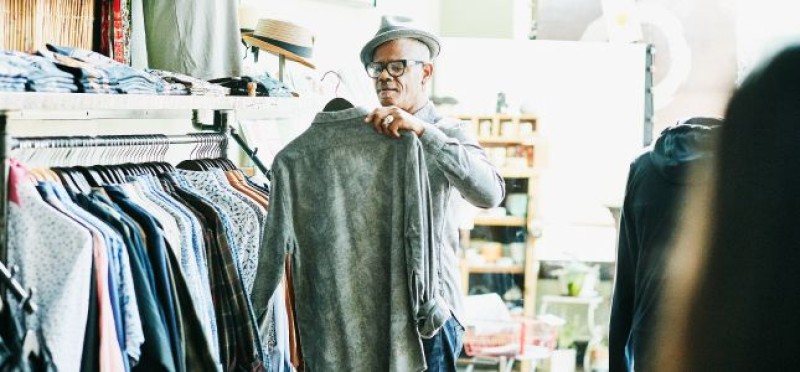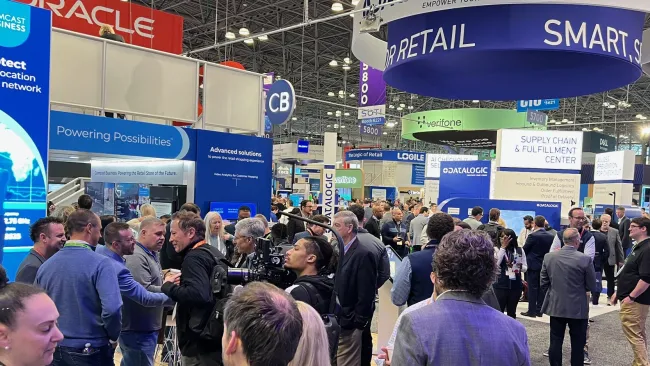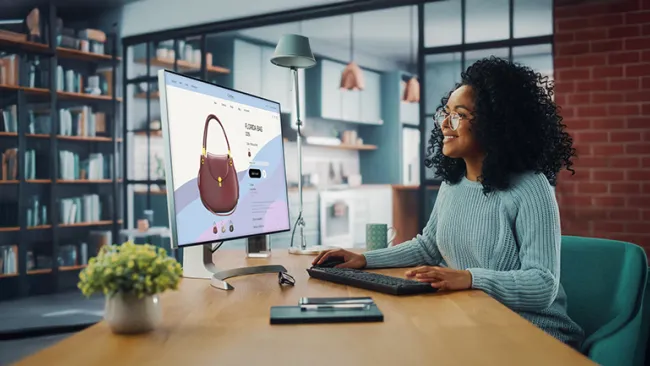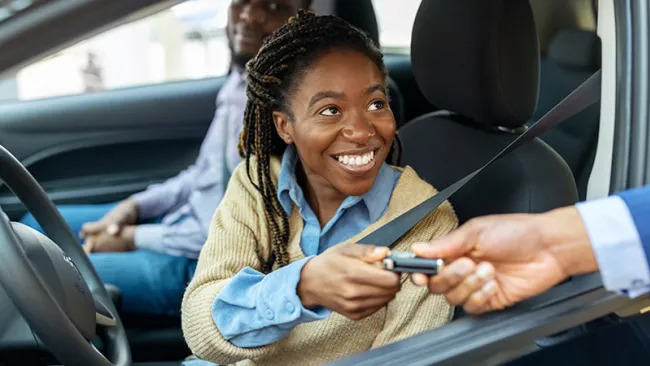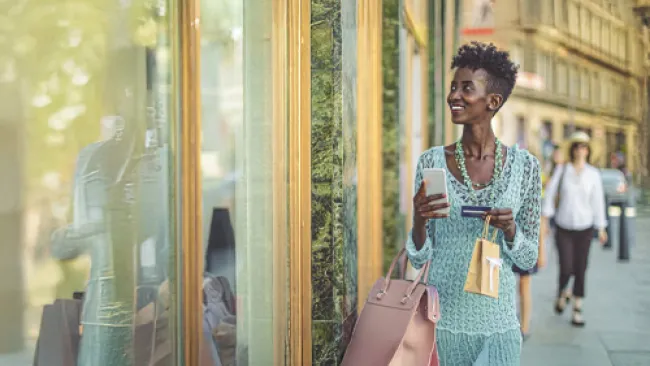Propelled by the pandemic, retailers transformed their services, products, and customer experience at breakneck speed. More changes are ahead as consumers emerge, ready to spend with high CX expectations. Retailers, however, have a thin margin of error as they recover from 2020. Steve Rowen, managing partner at Retail Systems Research, discussed lessons to be learned from the pandemic and what forward-thinking retailers are doing to position themselves for success. This interview has been lightly edited and condensed for clarity.
As we slowly emerge from the pandemic and a new normal starting to take shape, what would you say the new normal looks like for retailers? What are they prioritizing?
What the pandemic has done is really accelerate that trend of consumers pushing, and retailers being hesitant, saying, "Well, this is going to cost a lot of money. There's an awful lot of human resources that we need to throw at any one of these new, exciting ways of fulfilling consumer demand." So this sort of pent up [demand for improvement]—think about a hose with a kink in it, all of a sudden along comes the pandemic and the hose is sort of burst open at the seams now, right?
And retailers are really scrambling to try to answer that very question: What will shopping look like in the coming months and years? And so this trend of consumers pushing and retailers holding back is no longer viable. And I think retailers are becoming, our research shows it, it's not just my personal belief, right, our research bears out that retailers have been rapidly awoken to the fact that what they've been doing does not work. And we need to change at a fundamental level, right? They need to think about not only the products that they're providing, and that becomes its own challenge when no one can really predict what the next big shortage will be or what the next great demand segment will be, but not just the products that they used to have to think about, but how they deliver those products and how consumers are going to take delivery of those products.
Do you think retailers will be able to maintain the agility that they demonstrated in 2020?
I think they have to. I mean, it's the exact right way of looking at it. For years, the focus has always been on efficiency. Not agility. And what this worldwide event has done is completely flipped that on its ear, that those retailers who are able to be most agile are those who are able to maintain relevance in consumers' lives. Those who were not, and again, this is assuming that the playing field is equal, right? This is assuming that all retailers are able to be open at this point. But those who are able to maintain agility for today's standards will probably continue to survive. But who knows what's around the corner.
To me, the most important lesson of all of this has been not just, how do we solve for, okay, people need to buy online and pickup in store because it's unsafe to go in stores right now. That's a very pragmatic solution to a very today problem. I think the more forward-thinking retailer is going to recognize that the future of this planet is as uncertain, if not more uncertain, than it was in the past 18 months. So how do we not just solve for the problems that we're reacting to, but how do we build into the framework of our business the ability to be agile, so that if there is another series of political unrest, or if there is another outbreak of some really highly contagious and deadly disease that might be even more dangerous or more deadly or more contagious, how are they going to not have to undo everything they've done? And that's not an easy task, right? That becomes much more of a business process than it is a technological response to a today issue.
